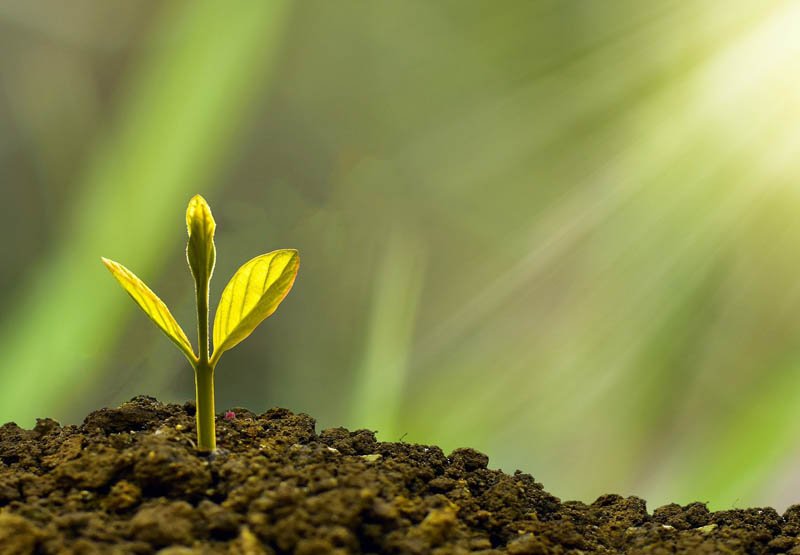The study of agronomy has been important in human history for centuries. It combines the science of plants, soils, and climate with the science of agriculture. Agronomists are experts in the field of agricultural technology as well as in plant genetics and can solve complex problems in farming. The field is also very influential in the food industry and can lead to career opportunities in agribusiness.
As the science behind farming, agronomy is based on the best use of plants and soil. It incorporates ecology, biology, chemistry, and earth science. It determines how to make the most of plants and soil to meet the demands of humans. Agronomists are experts in crop production and can develop new methods for using plants in the most efficient manner. They can also improve existing crop varieties and plant types.
Agronomy deals with the research of plants and soil. It is a science that integrates the science of plants and soils to solve problems in agriculture. Those who have studied the subject will be able to find solutions to many of the challenges that face farming. Working in this sector may be quite rewarding. They will serve as mentors and advisors, providing advice on important educational decisions.
Agronomy majors can pursue a wide range of careers in the field. They can find work in crop production, soil management, and plant breeding, as well as in agricultural service organizations and environmental management. They can also work in environmental management or in the seed industry. Agronomists are also involved in the environmental management of agricultural systems. They can use their knowledge to improve the quality of the environment and ensure that crops produce a high yield.
Researchers in this field use various techniques and technology to enhance the grade of soil and plants. Their focus is to improve plant and soil productivity. Experts on biotech engineered plants are also among their ranks. Among other jobs, agronomists can work in the food science field or in the food industry. They are skilled problem-solvers with good ethical principles. In other words, agronomists may be involved in the production of food products.
Agronomists are also involved in agricultural research. Moreover, agronomists are also involved in the study of soil classification, weeds, and plant breeding. As a result of their work, we’re all living in a brighter future. Agronomists are often experts in the field of agricultural science.
Agronomists specialize in the science of cultivating plants. Agronomists study how plants are cultivated and how genetically modified crops can be improved. They also study the ethics of plant and soil cultivation. Agronomists can also work in agrochemical companies, advising farmers on weed control or performing land appraisals. They can use their expertise in planning, marketing, and management positions in the agricultural industry.
Agronomists apply science to crop production techniques. Agronomists can work on large-scale farms or small-scale farms. They may also work in fields that require minimal management. Agronomists are generally involved in experiments that help improve the crops’ yields and manage diseases. They may specialize in plant breeding and biotechnology. In addition, they often utilize ecological principles in their work.
Agronomists use their knowledge of plant biology to develop crops. They also apply science to crops, soils, and insects. Agronomists are responsible for the growth of crops and managing the pests that affect them. The study of agronomy is important to the global food supply. The field is a multi-billion-dollar industry, and it’s an essential part of society.
Agronomists are responsible for the health of the environment. They collect and analyze data to improve crop quality and yield. In addition, agronomists also work on crop research. They work on a variety of fields and meet with local farmers and agribusiness representatives. Agronomists typically spend most of their time in labs and on farms. They often wear protective clothing and go to different places to discuss their research.


